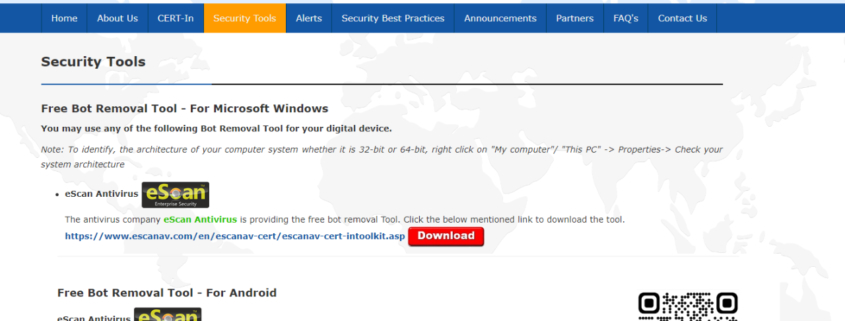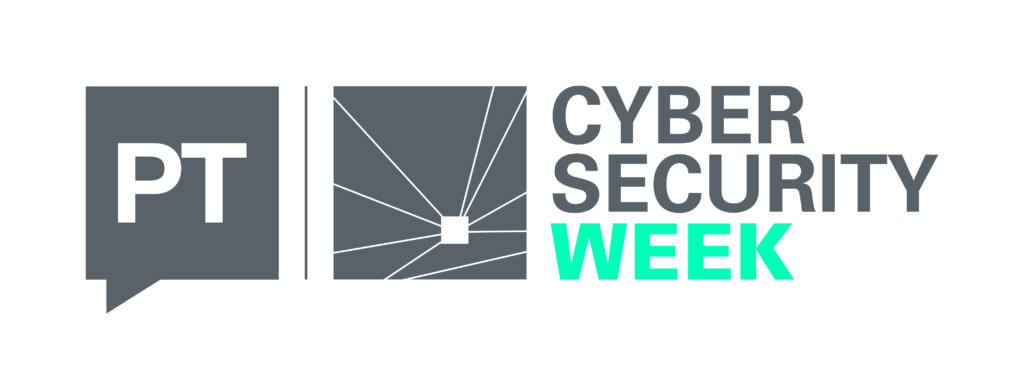CERT-In to offer citizens eScan bot cleaning tool
As part of this national campaign, eScan, a cybersecurity solutions vendor, is contributing to the cause by providing eScan botnet scanning and cleaning Toolkit for botnet detections on laptops, desktops, and smartphones. This tool will empower citizens to scan and clean their devices of any potential botnet infections, thereby fortifying their digital defences.
eScan botnet cleaning toolkit: Key detailsCERT-In and eScan invite citizens across the country to actively participate in this cybersecurity endeavour. The free Botnet scanning and cleaning toolkit can be easily downloaded from the website of “Cyber Swachhta Kendra” (CSK) and MicroWorld’s official website, equipping users with a robust solution to enhance the security posture of their computers and smartphones.
MicroWorld develops information security solutions that offer protection against current and evolving cyber threats. The organisation houses the brands eScan, MailScan and Nemasis under its banner.
Its product portfolio encompasses anti-virus, anti-malware, anti-spyware, content security, anti-spam, network and host intrusion prevention solutions, app control, data leak and data theft prevention, host and network-based vulnerability assessment, backup, and patch management solutions.
These are available for on-premise deployment or cloud SaaS. Its research team is currently developing new methodologies for security inference using innovative AI models. As an MII OEM headquartered in India, MicroWorld has offices in four countries and is represented by partners across the globe.
By collaborating with eScan and other stakeholders, CERT-In aims to build a resilient and secure digital ecosystem. The Cyber Cleanliness Drive stands as a testament to the collective efforts toward fostering a safer, more secure cyberspace for all citizens.




